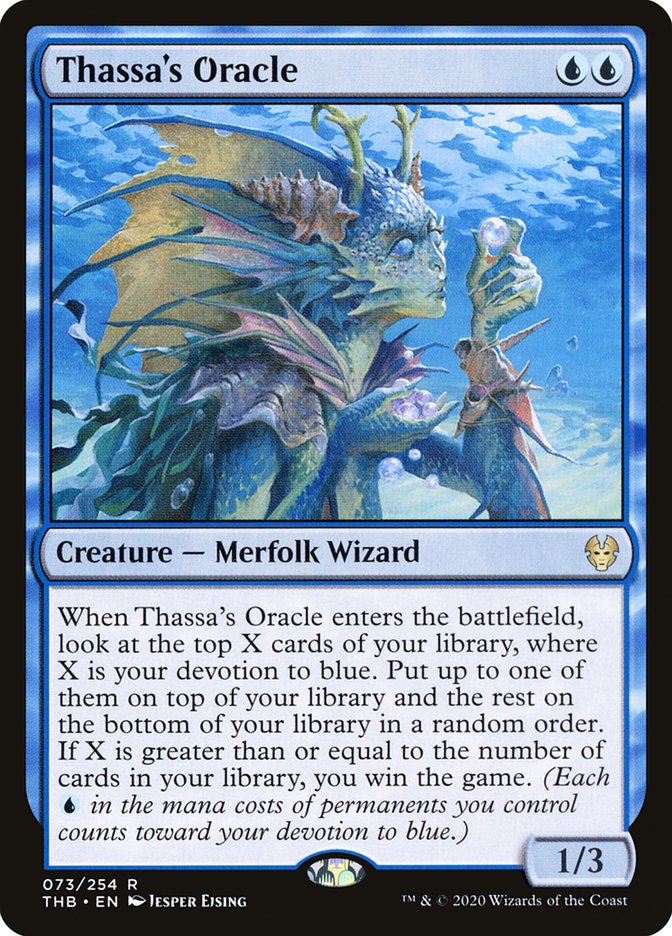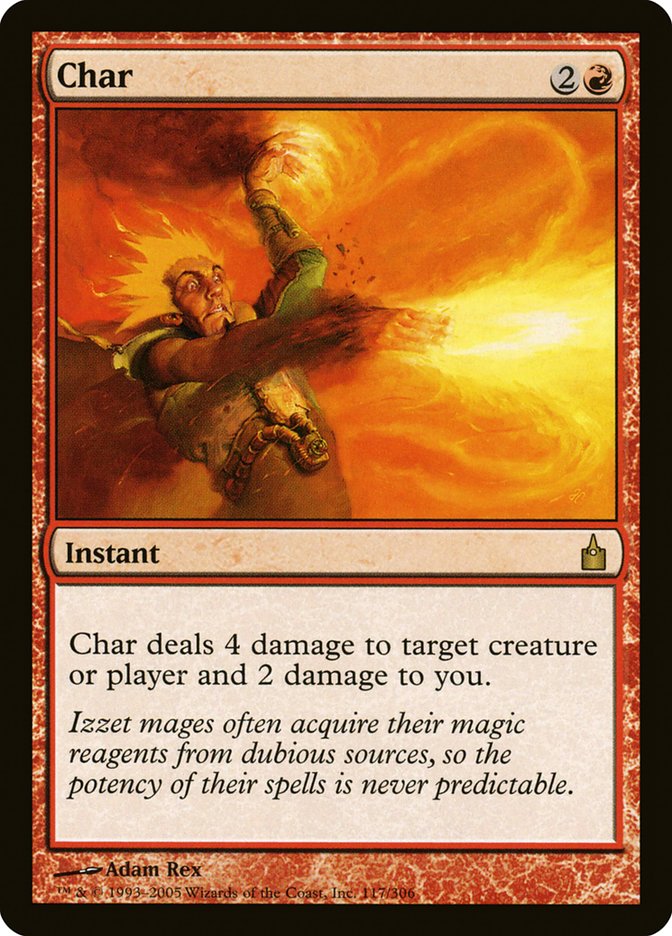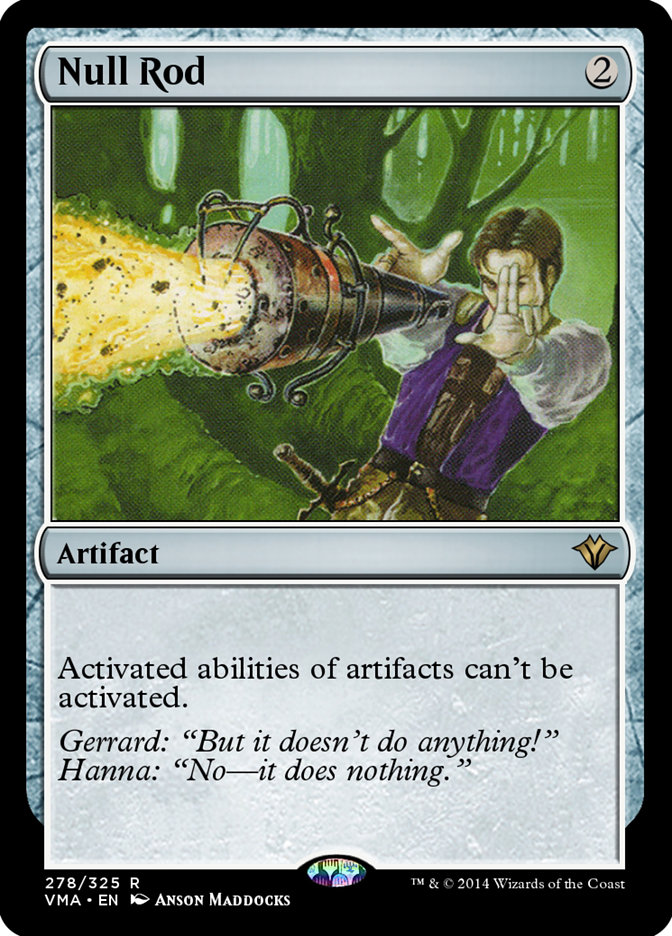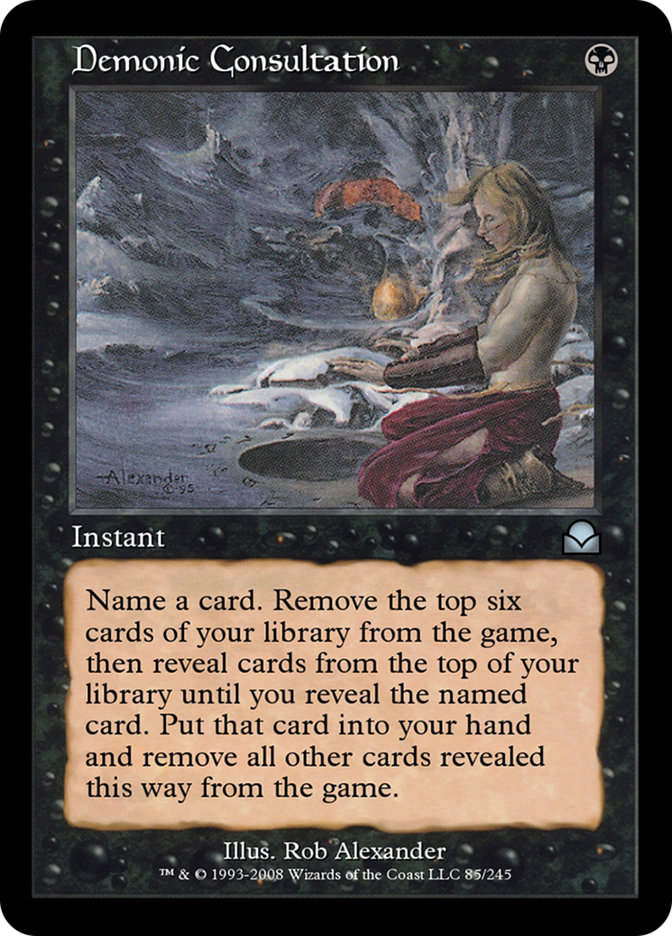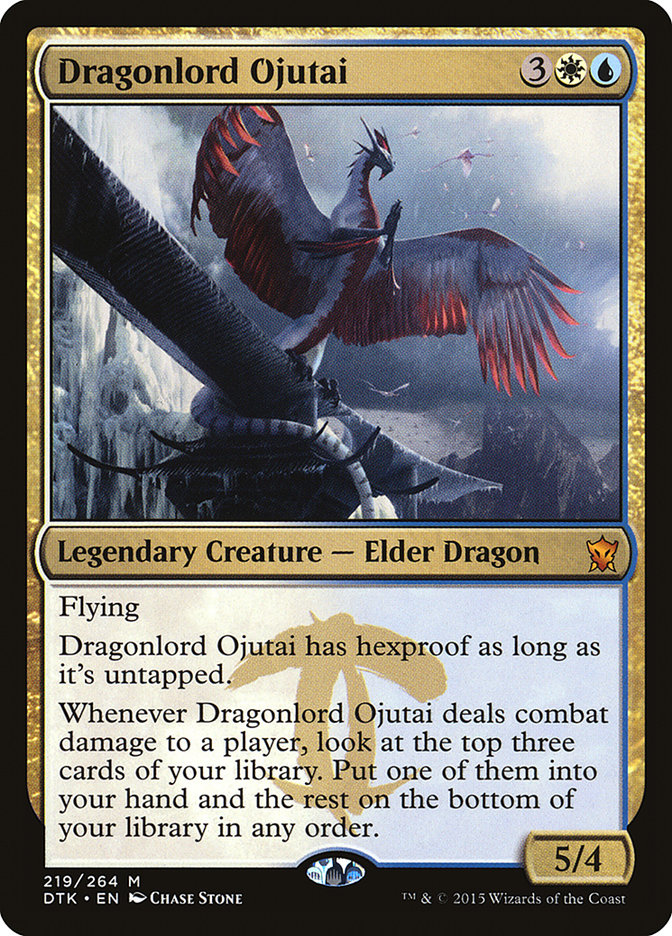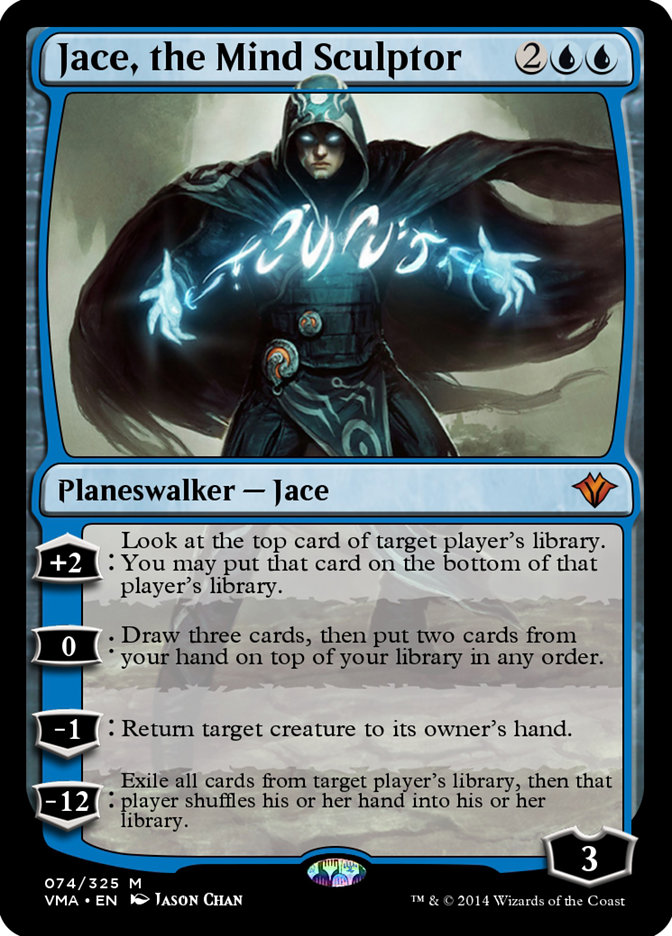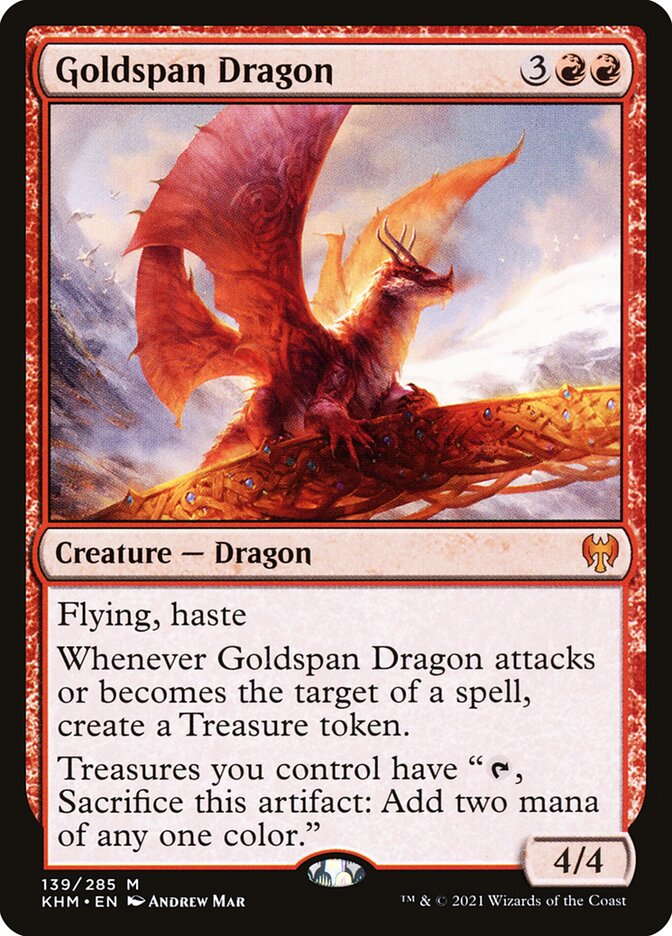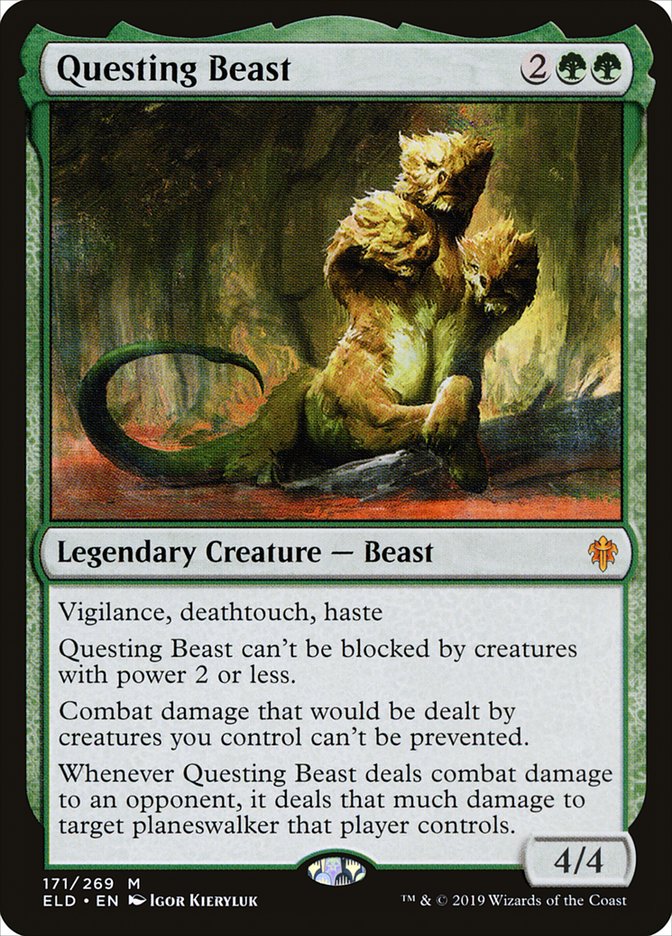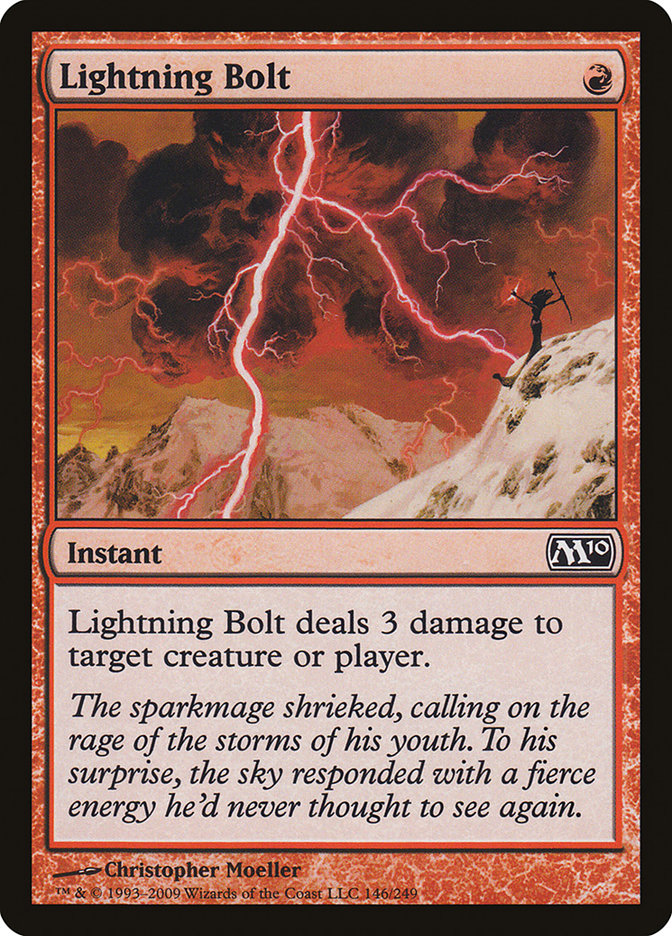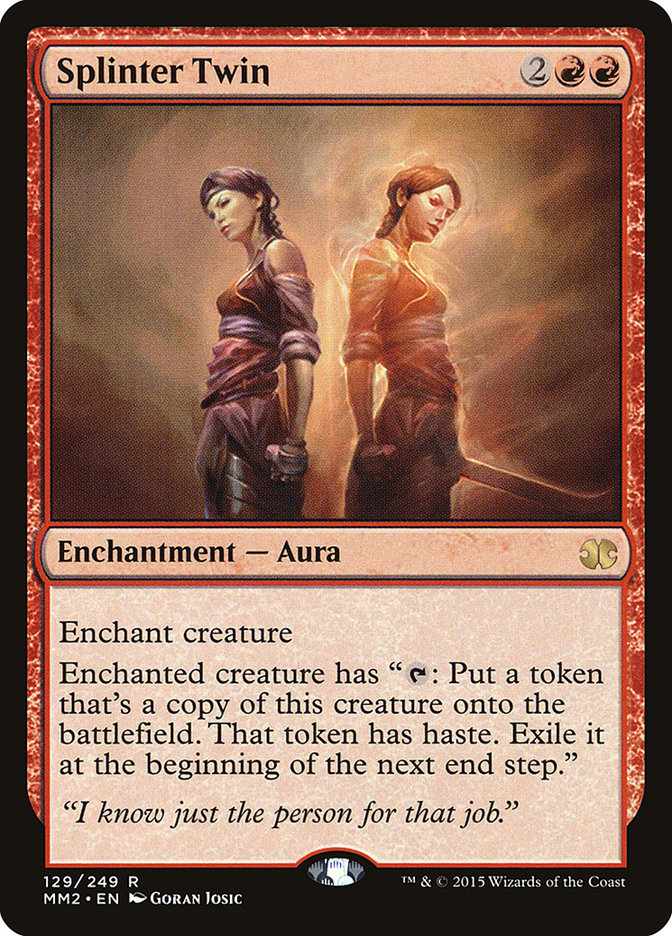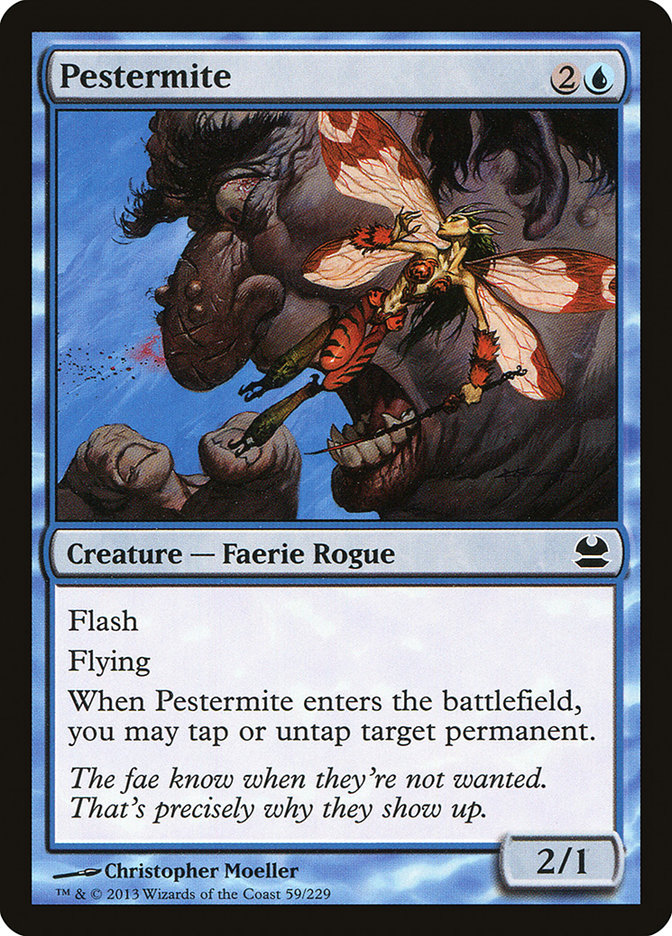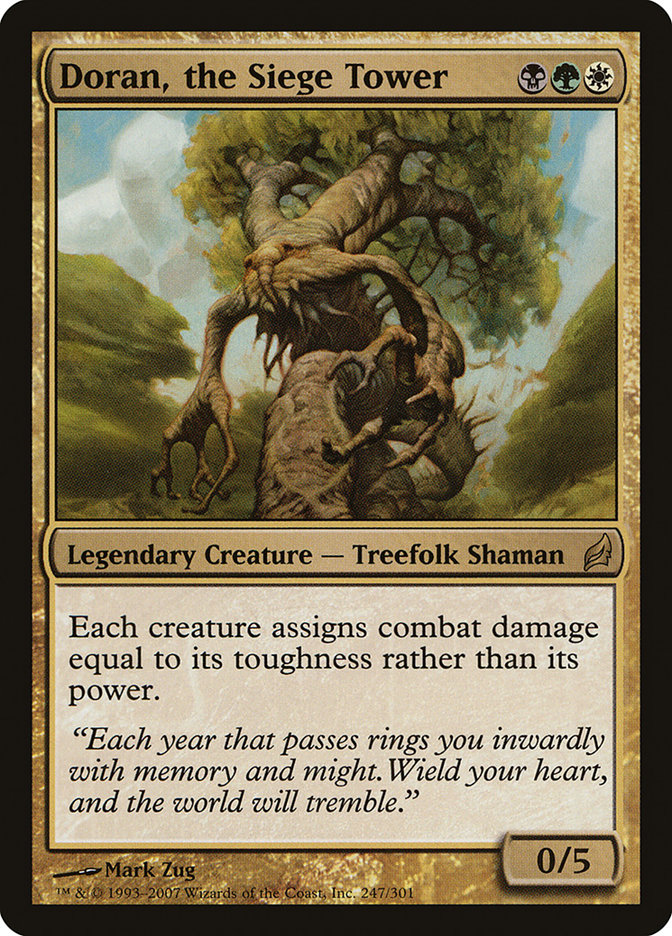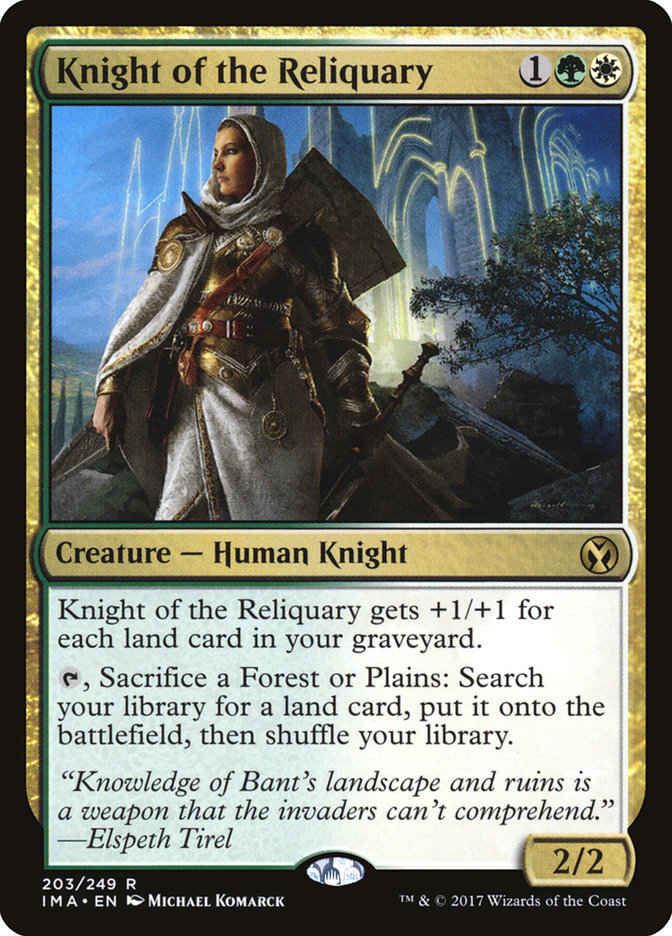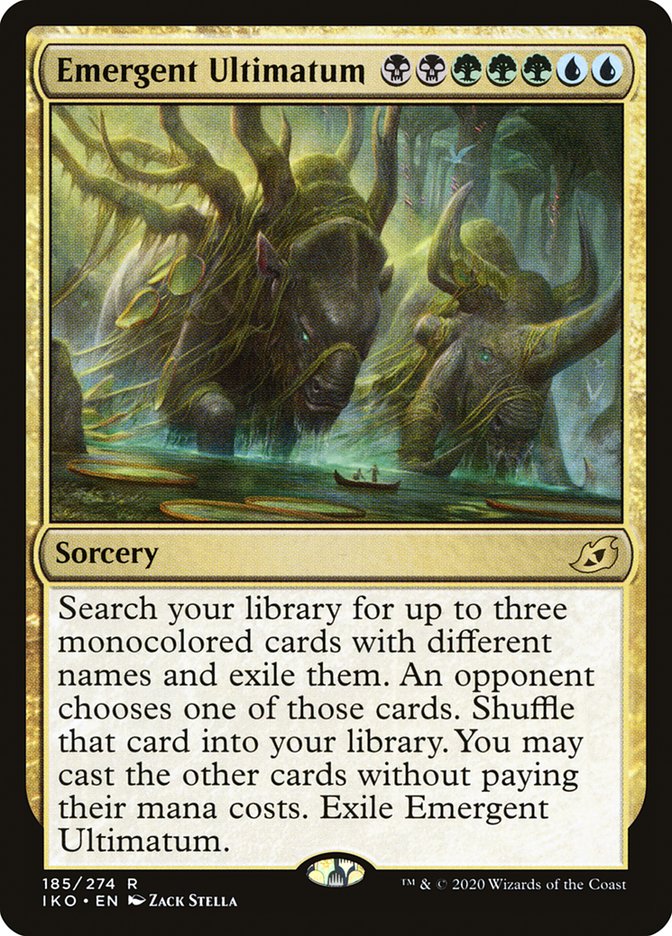Know the Difference: Win Condition vs. Game Plan
I.Introduction
As we play, we often ask ourselves the same question: how do I achieve victory? Whether it be in cards, soccer, or any other competitive discipline, it is our decisions and actions that pave the way to the finish line. So, what must I do to get there? What are the magical steps that will lead me to glory?
To accomplish this task, we will distinguish two fundamental concepts: "GAME PLAN" and "WIN CONDITION".
In Magic, there are many ways to end a game, whether it's by reducing your opponent's life total to zero, making sure they can't draw a card due to an empty library, accumulating 10 poison counters, or simply activating an effect that says "you win the game" such as Thassa's Oracle. However, I must differ and delve further into this phenomenon, as often what the game is representing is the game plan and not the win condition.
My aggro deck's game plan is to take my opponent's life points down. My win condition in a game with my opponent at 7 life points would be a combination of actions that allow me to "burn" those remaining life points. Depending on the nature of the deck, this can be reflected in multiple card combinations.
II. A History Lesson about Winning Conditions
A.- ONE OF THE MOST EPIC MOMENTS IN MAGIC
Craig Jones, playing Zoo and holding Char in hand, while Oliver, playing BW, is at 7 life. Craig casts the spell to his opponent's face and then proceeds to topdeck a Lightning Helix and winning the match.

Craig had been playing towards his win condition, which was to draw another burn spell to close the game. On the other side Oliver just needed a little more time for his Hand of Cruelty to close the game.
Other players may prefer to "burn" the Samurai, which would allow Ruel to sacrifice two more creatures and take down the Watchwolf that is on the table, leaving him with one Rusalka against nothing from the English player. This would generate no advantage and move him further away from his goal of winning.
The difference between killing the Samurai or burning Ruel is what allowed Craig to win. Another noteworthy fact is that Craig had 5 lands, so a second Char or Flames of the Bloodhand would have also served him; thus, under that possibility, he was forced to cast it at the end of Ruel turn, since he didn't have enough mana to cast both in one turn.
In that moment, Craig's win condition was to topdeck any burn spell that did 3 or more damage. But the key point is that he realizes that he is in a position where three different cards from his deck can instantly secure victory.
In other words, the win condition isn't just a card or combination of cards; it's also dependent on the momentum in the game. Craig knew Ruel had nothing in hand, and if he didn't play the Char this turn, he wouldn't have enough mana to play two burn spells next turn.
The win condition isn't just a card or combination of cards; it's also dependent on the momentum in the game
From an Aggro deck's perspective, figuring out a win condition is relatively easy to achieve, which is why many novice players opt for this type of strategy, and I don't blame them. Not having to worry about how to figure out winning the game is a huge help when it's a long day of competitive matches.
B.- A PERFECT BLUFF
There's a story that only the ancient dragons of Magic know: Player A plays Swamp, Dark Ritual, and Demonic Consultation, naming Nullrod.
Player B concedes after seeing that Nullrod is not among the cards revealed with Demonic Consultation, as his deck cannot interact with the artifact, which invalidates all his chances of winning. After he concedes, Player A proceeds to show that all his remaining Nullrods were in his sideboard, not in his main deck.
Why did this happen?
For Player B it's evident that having a Nullrod on the table always ends in a lost match. Player A is using that to leverage Player B's knowledge; he is aware that Player B knows his deck is running Nullrods, but at the same time he knows that Player B is unaware that he has left all of them in the sideboard.
But why does he do it?
By leaving them out, it is 100% certain that they will not be revealed with Demonic Consultation, thus ensuring that he will not lose the game this way. He also knows that, at the same time, the opponent will concede as soon as they are not shown. In this way, a win condition was created based solely on the information that each player possessed.
In simple terms, a "Game plan" would be the strategy that one designs based on the information obtained during and outside of the game to set up a Win Condition. This second term would be the ideal scenario to end a match of Magic the Gathering.
Therefore, both terms fall within the same cause and effect spectrum and, while it can be a bit confusing to differentiate between these two ideas, the truth is that to win you need to have a plan.
C. A BIT OF HISTORY
Bobby Fischer, the chess grandmaster, was entrusted with a daunting mission--to defeat Boris Spassky, the reigning world champion from the Soviet Union. This match was much more than just a game; the U.S. wanted to prove its dominance over its Cold War adversary, even in the sporting world. Bobby knew that his only option was victory. No matter what it took, he had to succeed.
As if it were a Netflix series, Fischer devised a Game Plan and imagined a Win Condition. The Game plan was to be as erratic, annoying, disorienting, and unpredictable as possible. Although he lost the first two games, his behavior was enough for Spassky to start making mistakes within the game. So much so that Fischer achieved an overwhelming victory at the end of the competition.
Fischer devised and envisioned his win condition: to tilt my opponent. Game plan: to be a mega star that requires a thousand conditions to play.
Neither the game plan nor the win condition have a direct relationship with the game or its parts. Rather, they are frameworks that allow us to shape our resources on the battlefield in order to bring them to fruition. It is important that when one designs a game plan, it can encompass all available or soon-to-be-available resources.
III. Definition of Win Condition
To further delve into the subject, Hearthstone Wiki tells us:
A win condition is a specific means or strategy by which a deck can achieve victory. Decks may have one or more win conditions, and a win condition may be a specific aim of the deck or simply one of various ways in which it could win the match.
In other words, a win condition can be one or several things: a card, a set of cards, or a situation on the table. Just as there are strategies, there are ways to win, so we can learn from this: for each deck, we need to have an appropriate game plan.
IV. Win Condition Types and Game plans in Magic
Traditionally in Magic: The Gathering, we have four main deck archetypes, each with its own standard game plan. We can therefore assume that there are the following Win Condition archetypes in our beloved game.
A. CONTROL
The game plan here is to control the tempo of the match to gain resource advantage, ending with a spell/creature/etc. that is very hard to interact with and can close out games on its own.
Example of a win condition for control decks:
B. AGGRO
The game plan here is to use the first few turns to position yourself on the battlefield, take as many actions as possible, as well as inflict damage, in order to close the game before your opponent gets a chance to reach their comfort zone. The aggro win condition here is, as such, to do 20 damage points (or however much is necessary). Thus, we have several types of aggro decks, such as those loaded with burn spells or those who play multiple small creatures to overwhelm the opponent with them.
Examples:
A dragon with haste, Questing beast, Lightning Bolt, etc.
C. COMBO
Combo decks are unique, as their game plan typically does not involve much interaction with the opponent. Through clever combinations of spells and possibilities, the combo player only needs time and the necessary resources. One could say that the more turns there are, the closer they will be to reaching the win condition. This is why the game plan is focused on finding the pieces, and in many cases, stalling the board long enough to win in one turn.
Examples:
D. MIDRANGE:
Midrange decks, such as Ramps, Jund, and Junk, sit between the speed of aggro decks and the interaction of control decks, with some combo elements that can help close out games, but not always. These decks are typically three-colored, so they cannot be as aggressive as they might wish to be and are better suited for fighting for resources, exchanging creatures, and tempo. The game plan is to try to gain card advantage while exchanging resources and then bring in bigger threats that can become a viable win condition in the current board position. The typical threats are multicolored and big-mana spells/creatures.
Examples:
V. Strategies for Reaching Win Conditions
For each deck archetype, there exists a win condition that stands out above the rest. This is why we can't forget that victory is achieved through a game plan that is determined by the particular characteristics of what we are playing and, of course, the format in question.
From this idea, the foundations for deckbuilding emerge, though this is a topic that deserves its own article, I will here provide a brief analysis of the questions we should ask ourselves when undertaking such a task.
A. DEVELOPING A DECK AS A GAME PLAN.
Constructing a deck is an art in itself. Whether you're building for Constructed, Limited, or Commander, we need to visualize how we want to win. Then we have to come up with a game plan to guide us to our desired outcome, that is, selecting the right cards then adding in support cards that help carry out the game plan. Last, consider some space for certain interactions that may be relevant when facing the metagame.
Example:
In order for our beloved draft to make sense, we need a point of reference or direction when picking our cards, which is why we usually pick power level in the first part of the first pack. Then, we look for cards that support that power level. Finally, we pick cards that allow us to achieve synergies that give a certain identity to our game plan. If we pick cards without direction, speculating, we can lose curve, color, game plan and, thus, have no real win condition in our draft. In other words, the win condition for any draft is, above all, to do a good draft. (DUH!)
The best draft I've ever achieved, in terms of context and performance, was the one I did at Pro Tour: Guilds of Ravnica 2018.

Can you identify this draft's win condition?
Let me explain, as it's not as simple as it appears. This draft isn't within the archetypal categories. Yes, it's a Dimir deck with red, but there's no traditional win condition that stands out. It's the game plan that I'm sold on. So, what's this mysterious plan? Just compete: Since I couldn't see any cards with enough power level to build around, I decided to put together removal, defensive creatures, some card selection, and trust that I could win with the basics against any other player at my table.
It was not easy, but my great advantage was that I could always start out on the offensive, having enough interaction to get to the late game and never rely on luck. My win condition was the full deck - attrition, resources, and a few flyers.
This draft, despite being a 3-0, doesn't have the best cards; there are no rares, just filler, and it's missing flying creatures with cmc 2, etc. But, getting back to the point we're discussing: having a game plan that connects to a win condition is often enough to give your deck direction.
B.- UNDERSTANDING WHAT IS MY OPP´S PLAN
To achieve the win condition, we need not only a game plan but also to identify our opponents' and, thus, be aware of their own win condition. From this idea, we can understand that the information we gather throughout the match will allow us to make decisions that will affect our game plan. Many players become caught up in maintaining their game plan, forgetting or losing sight of their win condition, as if the goal were to play forever and not seek victory.
The question we must ask ourselves is how can I close out this match? Or what is my win condition after this?
But come on! They will say it in the comments: my opponent always seems to topdeck better than me!
My typical response to this is that your opponent's board state allowed them to be in that favorable position.
In other words, topdecking can be a resource and even a winning condition (just ask Craig Wescoe). How many times have we lost because our opponent drew that spell that allowed them to close out the game? And what can we do to prevent it?
In order to reach the win condition, it is necessary to minimize our opponent's chances as much as possible, so that their top deck options are even fewer. Our game plan not only requires us to be aware of our own strengths, but also to be constantly updating our calculations as we assess our opponent's potential moves.
If this task proves particularly challenging, that's why we have the sideboard!
VI. Conclusion
In conclusion, win condition and game plan are closely linked, as the latter is the key to achieving the former. The game plan is a set of strategies and tactics designed to reach the ultimate goal, which is the win condition.
We learn from this that it's not only our knowledge of our own deck and its limits that will help us win, but also an understanding of what's going on on the other side of the table.
Just like Fischer, who crafted his game plan not just considering chess, but the context of the competition, we can also have a game plan outside of the game.
Paulo Vitor Damo da Rosa won the Grand Prix Sao Paulo with a UWB Dragons deck. His game plan was to be the best playing the best deck available. Something that really stood out to me was in the post-final interview, Paulo told us he was exhausted, he had to fight every match, and that he would never choose such a strategy again.

He was aware that he could win the event by knowing his own skill and the features of his deck were enough to declare them as his overall Win Condition, not just the next game. Nonetheless, he also warns that this type of decision carries an inevitable strain.
In other words, our game plan and our win condition also depend on how well I recognize my strengths and how we can maximize them.
I hope this approach to what a win condition and game plan is has been helpful in your development as great players of our beloved card game. With that, I bid you farewell, but not before asking: What theoretical aspect of Magic would you like me to review in a future article? Or would you rather focus on something more practical?
Don't forget to leave your comment!
If you liked this article maybe you will also find interesting on of the following ones Playing Around: 5 Actionable Tips to Win the Information Game, What is Tempo?, How to Beat Tilt and Win More Games in Magic: The Gathering!
Sign Up for MTGDecks newsletter
You'll receive a weekly email with more articles like this.
Game Theory Expert
David Kaliski from Chile, also known as “El Turko”, is a former National Champion, and Pro Tour competitor. His best performance is 39th at Pro Tour Guilds of Ravnica. He loves to explain anything magic related and quickdraft his way to Mythic in MTG: Arena.

